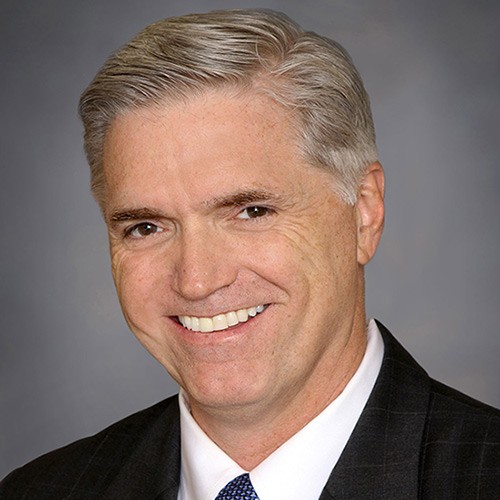Have you ever been in a meeting and heard, “We should leave that to the IT department to figure out. That’s a system thing”? I have observed this attitude among insurance professionals my whole career. It was almost as if anything that had to do with IT systems was radioactive!
Peter L. Miller, President and CEO of The Institutes, argues that the expanding use of advanced analytic tools makes this approach dangerous. Miller shared his insights on an Insurance Analytics@Scale video series interview with SAS. His knowledge stems from understanding the evolving world of insurance and the crucial role that data and technology play in shaping its future. Three of his main points are summarized below.

1. Importance of understanding the ins and outs of AI
Miller stressed that the research at The Institutes shows that AI and analytics are becoming central to business success in insurance. Whether in underwriting, claims, customer support or corporate services, insurance professionals must be knowledgeable about data issues, the output of analytics and AI tools, and what decisions that output can help them make. That way, they can keep an eye on the results and give them a reasonableness test when reviewing them. As Miller says, “With technology, you always need to look at the output and figure out if the output makes sense.” Otherwise, you don’t have control of your business.
Related: Adjusting to disruption and uncertainty in insurance has become the norm. Learn ways that your insurance organization can stay resilient amid these changes.
2. AI is different from solutions of the past
Miller started his career as a programmer, and that background informs his perspective on AI. Miller has seen technologies come and go. Despite that, he expects a sustained, significant impact on insurance with AI and advanced analytics. He explains that three forces – cloud computing, massive amounts of digital data, and AI technologies -- have converged to make this point in time different than some of the transient solutions that have passed. The recent developments in generative AI, large language models and natural language processing are adding to the sustained impact Miller mentions. These tools combine to offer insights that humans cannot reach alone.
3. AI has impacts across all lines of business
His third point was that, in the past, insurance technology has primarily been directed at making processes more efficient. The common wisdom was to direct investment toward the personal and small commercial lines of business – those with high-frequency, low-severity commodity products. Miller explains that AI “flips the script” on this automation application. He states, “For complex risks, these tools can take and digest data and create relationships between variables that we might not even think of and help us price and manage risk.” This means that analytics will bring tech to every line of business. Tech will have an even broader impact than before.
At The Institutes, Miller and his team provide the resources and programs necessary to build top technical expertise in the insurance industry continuously. AI and advanced analytics are an important part of the skill set of the 21st century insurance professional.

